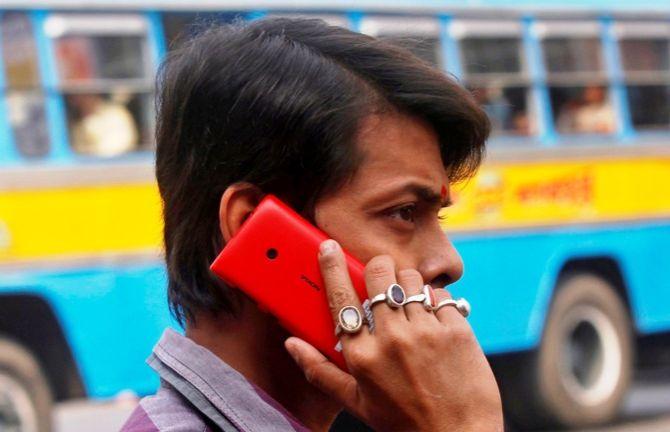The companies have offered to pay upfront the principal amount due for licence fees and spectrum usage charges (SUCs) on the basis of adjusted gross revenue (AGR). This amount will not include the interest, the penalty, and the interest on the penalty.

Leading telcos are discussing a proposal with the department of telecommunications \regarding paying part of their AGR dues upfront by March 31 if the Supreme Court gives a favourable verdict on their “modification petition”, which will be heard this week.
The companies have offered to pay upfront the principal amount due for licence fees and spectrum usage charges (SUCs) on the basis of adjusted gross revenue (AGR). This amount will not include the interest, the penalty, and the interest on the penalty.
The proposed upfront amount will be the difference between the AGR calculations done by the DoT and what the telcos have paid as licence fees and SUCs over the years based on their interpretation of AGR.
The Supreme Court had in October upheld the DoT definition of AGR, which resulted in a Rs 1.47 trillion additional payout bill for the telcos.
The move suggested by telcos, if executed, will bring in additional revenues of Rs 22,077 crore from Bharti Airtel, Vodafone Idea, and the Tatas in this fiscal year. This is in addition to the budgeted target of Rs 50,519 crore as telecom revenues in 2019-20.
If all other telcos (including those that have stopped operations) were to make the upfront payment, the government will get around Rs 34,773 crore (excluding those of Reliance Jio, which has paid Rs 195 crore). These include Rs 23,182 crore as licence fees and Rs 11,591 crore as SUC.
The three telcos, through the new petition, have requested the court to give them permission to discuss with the DoT the terms and timing of the payment of the remaining dues.
The upfront amount represents around 25 per cent of their dues and is in many ways in line with what the telcos paid as deferred spectrum. In deferred spectrum, the upfront payment varied from 25 per cent to 30 per cent, depending on the band in which they bought spectrum, with the rest payable in 16 years with a two-year moratorium.
If the same formula is implemented (where a two-year moratorium is given just after the upfront payment), telcos will not have to pay both for deferred spectrum (the government has allowed a moratorium recently), totalling more than Rs 50,000 crore for the next two years, and will have no payout on AGR either. This will give a cushion for many players like Vodafone Idea to tide over their financial problems.
Rajan Mathew, director general of the Cellular Operators Association of India, giving details of the talks, said: “We are in discussion with the DoT. One proposal is to pay the principal AGR dues upfront, and after that the department and telcos will work out a staggered payment plan. However, the final modalities will depend on the Supreme Court decision. Our calculation is that the key operators will have to pay around Rs 25,000 crore.”
The court had in October directed the telcos to pay over Rs 1.47 trillion as AGR dues in 90 days. The telcos filed a review petition, which was dismissed by the court. The three telcos then went back to the court and filed a modification petition.
Meanwhile, the three telcos wrote separate letters to the DoT, saying they wanted to pay their dues, but would wait for the court hearing, effectively skipping the last date for payment set by the court, which was January 23.
Photograph: Rupak De Chowdhuri/Reuters.











